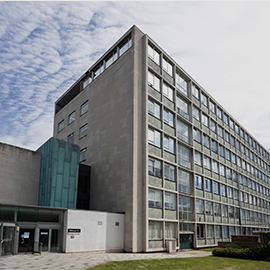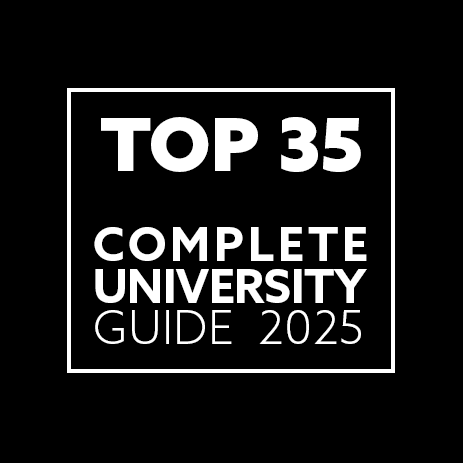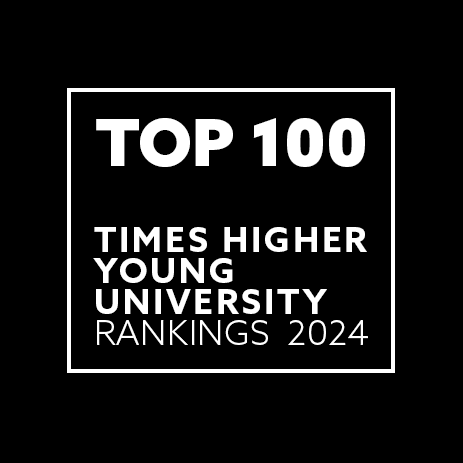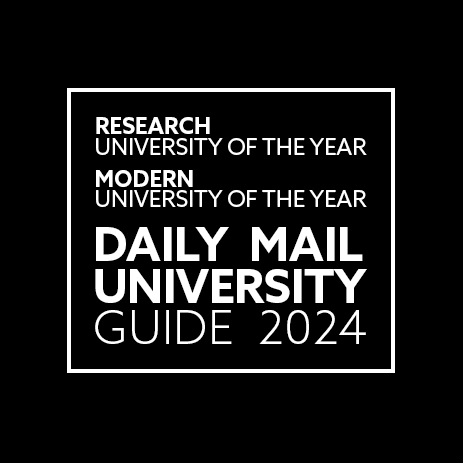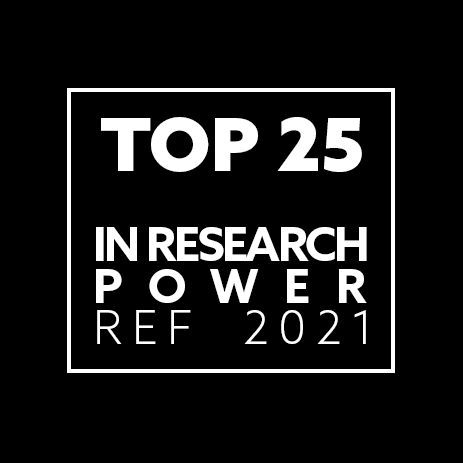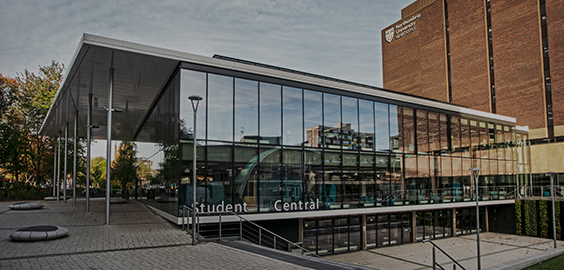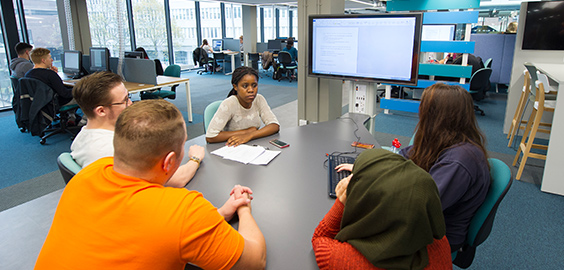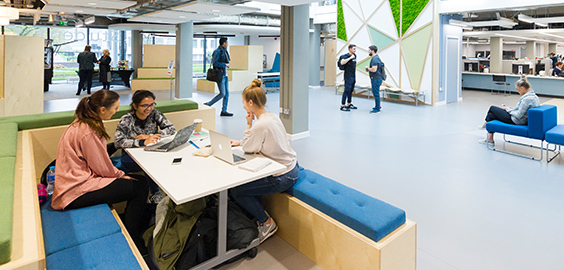The aim of this module is to investigate the Sun, our nearest star, as the energy powerhouse of our solar system. You will consider fundamental solar processes, solar radiation and neutrinos, nuclear fusion reactions, the physics of the solar interior and solar atmosphere, the coronal heating problem, sunspots, solar flares and coronal mass ejections, solar wind and space weather, geomagnetic storms and auroras, solar dangers and the Sun-Earth connection.
You will construct and apply mathematical models of the Sun to describe fundamental solar processes and phenomena, including the use of magnetic fluid dynamics and magnetism made visible.
Outline Syllabus
The Sun as a star
Solar radiation, solar constants, spectroscopy of the Sun, the Sun’s place in the Milky Way and universe, nuclear fusion reactions, solar neutrino problem, solar energy transfer, the solar atmosphere, sunspots, solar flares and coronal mass ejections, solar wind and space weather, geomagnetic storms and auroras, solar dangers (including satellites), and the Sun-Earth connection.
The physics of the Sun
Review of magnetism and Maxwell’s equations, fluid description and magnetohydrodynamic (MHD) equations, magnetic induction, magnetic forces (Lorentz force), magnetism made visible, the vector potential, MHD waves (phase and group speeds), Alfvén waves, and mathematical models of the solar wind.
More information
 Option for Placement Year
Option for Placement Year Option for Study Abroad
Option for Study Abroad






